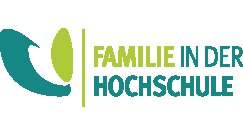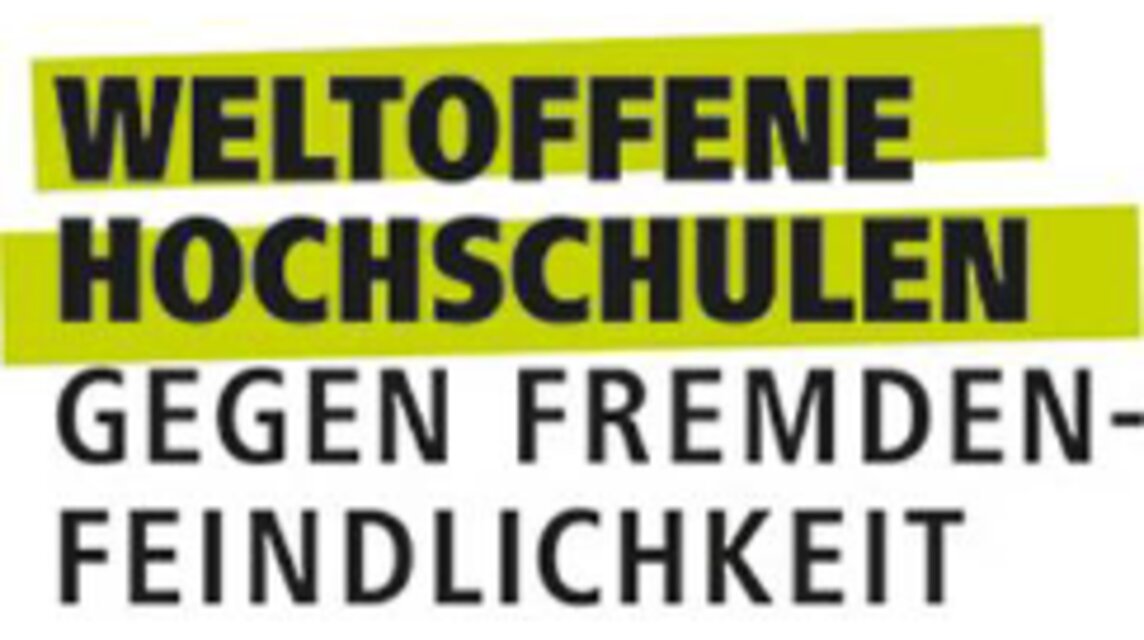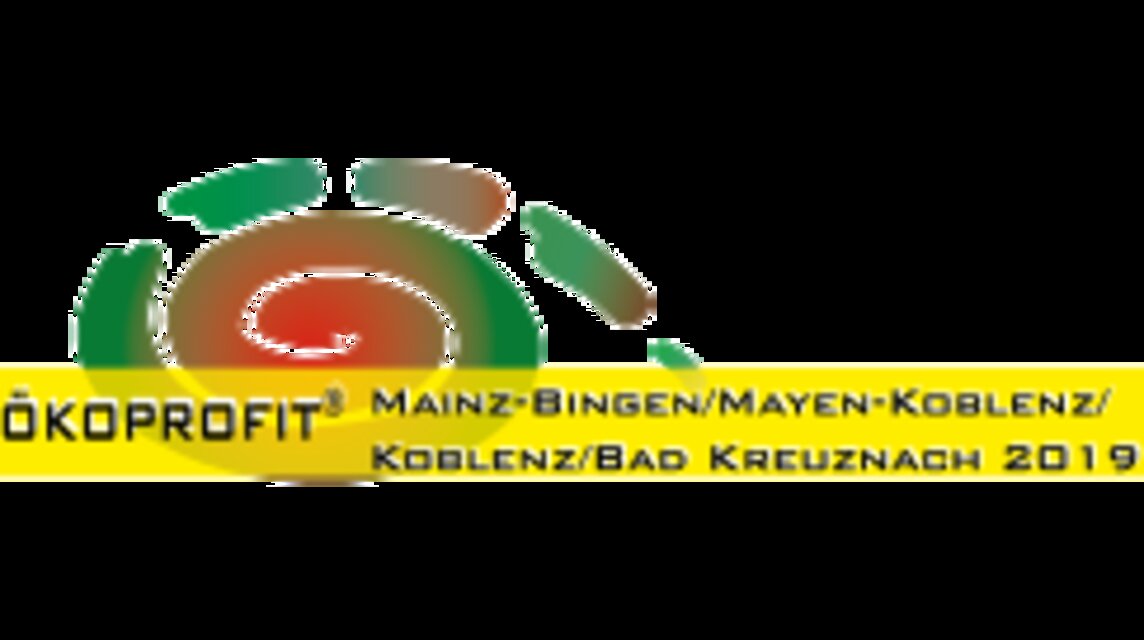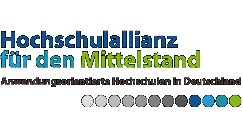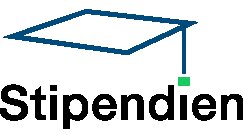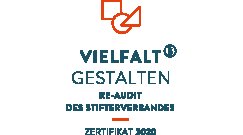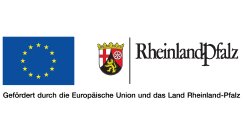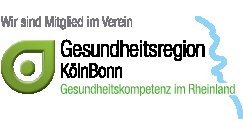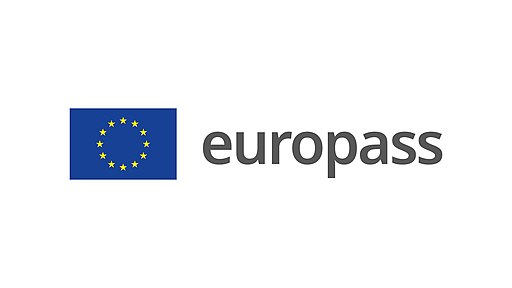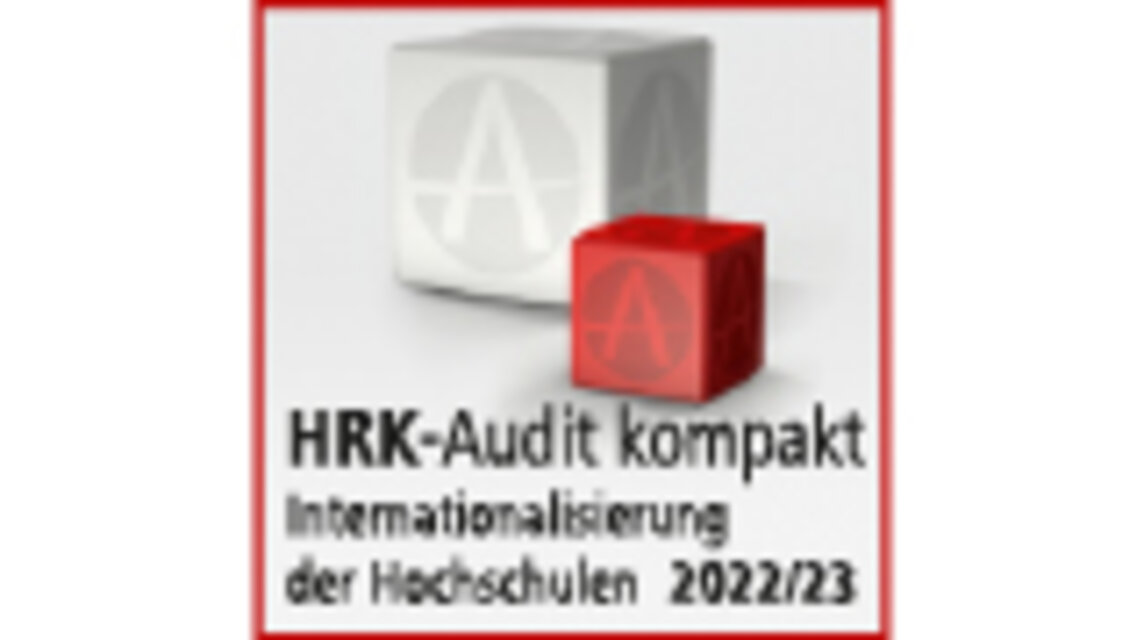Workshops
Workshop “Cultural artefacts: exploration of diversity or arts, culture and society ”
Workshop leader: Dainora Maumevičienė
Description:
People express their culture using various forms of verbal and nonverbal communication. We talk what types different things that make up our culture, but sometimes there is no need to talk as much more is being expressed by culture itself through non verbal communication, through various artefacts: things found around us. So lest trying finding out what do we have around us in our different cultures
Aims:
This workshop seeks to define what is meant by the term artefacts, to describe the main types of artefacts, to collect information on different cultural artefacts that are found in local culture/art on Achill, Ireland and the countries of Achill participants, to compare the information and finally came up with a general conclusion, summarizing the main ideas in a form of an interesting and creative presentation.
Activities:
interesting and open discussions, brainstorming, creative group work, interviewing local people and project participants; sharing of ideas, designing final presentations.
Materials:
- pen and paper
- flipchart
- Laptop/Notebook
- audio recorders
- Photo camera is possible as well
- Creative ideas
- Flexibility and willingness to work, exchange and produce something
Lets find something new and share what we know and want others to know about us. European career strategies and intercultural experiences
Workshop leader: Thomas Berger, Institut inter.research e.V.
Description:
This workshop will explore career oriented success strategies in an international context. Questions we want to deal with include:
- How can I prepare best for a stay abroad?
- How do I identify my learning objectives, development goals?
- How do I get most out of my stay abroad and how can I document my learning outcome?
We will use the Intensive Programme in Ireland as a platform to develop and implement such strategies. As part of the workshop we will try to discuss our findings with members of the Achill community, who lived and worked abroad or who have employed foreign students.
Furthermore we will explore also practical aspects of e.g. planning internships abroad such as the search for placements and how to finance such stays abroad.
Aim:
We aim to prepare the first steps for an international oriented career, which could start on Achill! The opportunities will never be as rich as in the time of study – lets make use of them.
Activities:
- Development of (shared) learning goals and mini-projects to achieve them on Achill Island
- Exchange of experiences and strategies to find, organise, finance stays abroad
- Preparation of talks, interviews with members of the Achill Community
- Discussion of use of new media tools to support the exchange and communication of contacts, experiences etc.
Materials:
- bring an open mind, pen and paper
- flipchart-paper
- notebook
- projector for presentations
The Immigrant Experience: Irish representation in foreign cultures; foreign cultural representations in Ireland
Workshop leader: Dr Scott De Francesco, University of Worcester
Description:
This workshop will examine the ‘immigrant experience,’ which is basic to culture, through the context of peoples emigrating ( to leave one's place of residence or country to live elsewhere) abroad (specifically Irish in this context but relates to all cultures) and peoples immigrating ( to move to a country of which one is not a native ) into Ireland. The relevance of the workshop for Borrowed Identities is manifold:
- it explores the transfer of culture (‘representation’) from one land to another (what part of our cultures we take with us, what we attempt to maintain, what we borrow, what we lose (willingly or unwillingly), what the culture at large gains or loses (solely a matter of perception?);
- it explores the specific identity of ‘Irishness’ within the European and international (principally American and Australian) context; it explores European identity in the Irish context (recent European [and other] immigrants who have relocated for economic and geopolitical reasons);
- it examines the attitudes that people formulate from the issues above.
Objective:
The objective of this workshop is to highlight how each of us partakes in the immigrant experience (either as an ‘insider’ or an ‘outsider’, either consciously or unconsciously). Seeing the immigrant experience from the Achill Island residents’ perspective will enable us to develop insight into the meaning of cultural diversity and how we position ourselves (as individuals, as nationals, as global citizens) within it.
Activities:
We will examine the idea of ‘representation’ in several ways:
- developing simple yet effective questionnaires on these issues for the local community (field work)
- unobtrusive interviews, informal chats and focus groups (if possible with several participants at a time) with the local community (field work);
- cultural manifestations (song, the sea, the folktale) of ‘foreign representation’;
- observations and analysis of the above; - crafting a reflective and visual presentation that represents some conclusions based on our observations.
Global responsibility
Workshop moderator: Andrea Pohlmann-Jochheim
Workshop leader: one of the participants
Description:
It is today a triviality to say that we live in a globalised world. We know it from personal experiences during vacations in far away countries or from studying or doing an internship abroad. Not so many of us realise that all over the planet we are also connected in a number of other aspects, all linked to the future of our societies, We depend on each other in very concrete terms – economic, social, emotional, and political.
There are different ways to deal with this interdependency: One is to defend what you have, to be prepared to fight “the others” in order to secure your own resources, privileges, ways of life etc. However, this will almost certainly lead to a conflict which risks devastating what you have rather than preserving what you have.
The other way to react is to seek contact in order to resolve the common problems, to accept that it is no longer possible to maintain your own group isolated from the rest of the world.
During the 20th century the population on Earth increased 4-fold, the world economy 14-fold, energy use 16-fold, fishery 35-fold and industrial production 40-fold. World forests decreased by 20 %, and oil and coal use increased 17 times. We are living on the capital in the sense that limited and non-renewable resources are being drained. It is clear that this exaggerated and increasing use of resources cannot continue. The estimation of the overuse varies but is around 25 %. So what can be done?
Aims:
- to look at current challenges in a global context
- to find common categories for intercultural comparison
- to increase cultural, social and political awareness
- to develop ideas of global education and global perspectives
- to work cooperatively on common European themes and encourage intercultural working settings for a unique Europe.
- to take over social and political responsibility
Activities:
There will be enough space for the ideas of the workshop participants and new proposals are included brainstorming, group discussions on the main topics, summary of the ideas agreement on the concept field studies and contact to different locals planning the concept for the final presentation.
...and yet another workshop for you
Workshop leader: Reka Jablonkai
Description:
What is culture? How can we detect cultural differences? What makes an intercultural expert? We will be looking for answers to these questions and more with your brilliant ideas and with findings of previous research. Are you interested in what might get you in trouble in another culture, or what experiences others had in your country? If so, then this is the workshop for you!
Aims:
To collect information on different cultural aspects from locals on Achill and project participants and to create an informative and entertaining presentation based on your experience and findings.
Activities:
brainstorming, interviewing local people on Achill, interviewing project participants; sharing of ideas, skills and competences; designing materials.
Materials:
- pen and paper
- Laptop/Notebook
- Digital camera
- MP3/4
- bright ideas
There is something here for everyone. Come and join in finding out everything you always wanted to know about the Irish, Germans, Lithuanians, Hungarians, English, American, Spanish, Turkish, or others but were afraid to ask!
"Borrowed Identities – Changing perspectives to cultural identity"
Workshop leader: Arnold (Theo) Schenk / Katja Mruk
Description:
In this workshop we will use the method of an intercultural Photostory to change your identity in the Irish culture. The main question is: What life would have been, if you were born on Achill Island?
We will develop a fictive story with photos together with local people on Achill. As we need your experiences as an 'expert' in intercultural aspects, it would be great to have an nationally mixed group.
Aim:
Experience, what life is like on Achill Island and what your life would be like if you were born there by developing an intercultural photo story.
Activities:
- Think about your real identity and your borrowed irish identity
- Collect ideas & brainstorm scenarios and develop a concept
- Get in touch with the local people on the island
- Produce staged photos
- Fill in photos, Text and additional material into a paper template
- Produce a presentation for the farewell Party
"Media Workshop" - The Online Intercultural Journal - using creative techniques from diverse cultural backgrounds
Workshop leader: Anne Fox
Achill & Dublin
Description:
This workshop will focus on different kinds of journalistic documentation. In particular we will try to raise awareness for “choosing the right medium and representation style”. We will share our knowledge of the old and new media and how these are being used and instrumentalized in different genres and cultures. The media workshop should be as nationally mixed as possible. The participants need no technical knowledge in order to take part but it helps if they are familiar with computers.
Aim:
Production of a faithful report of all important aspects of the intensive Seminar on Achill Island. Viewers, listeners, and readers should get a glimpse of the emotions, the special atmosphere on the island and even personal feelings of the participants. Discussion of the advantages of the different kinds of media for different kinds of representation of reality. Awareness of the different national media which influence our cultural identity. Production of a semi-professional documentation of our European project. This documentation will turn into a real product and will be used as part of the final report of the European project.
Activities:
discussions about different kinds of documentation (audio, video, web- based), comparison of old media and new media, tabloid and serious style
- designing story boards for concrete documentation features
- coordinating and planning documentation with the other work shops (getting stories, editing articles and pictures)
- doing interviews with participants and the Achill community
- different genres and cultures (e.g. wildlife documentary vs. BigBrother)
- editing the existing materials and putting them together in a presentable format
Materials:
- digital camera
- audio-recorder
- laptop computers
- software for producing and editing audio / video / web-based documentation
- flip-chart for story-boards
Be a journalist for a week! We will go to any length to find the right solutions
